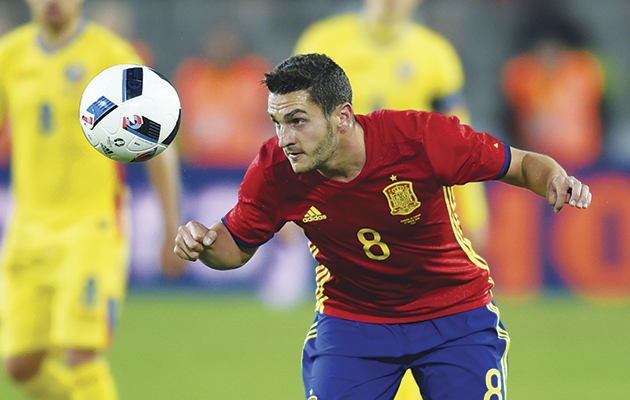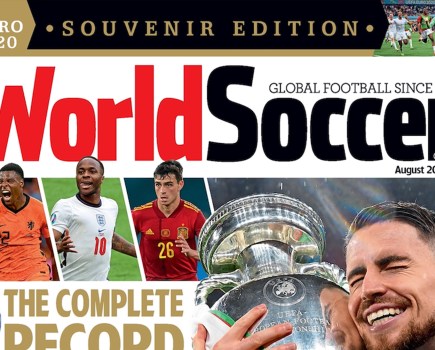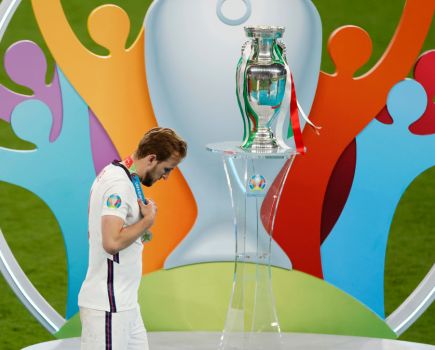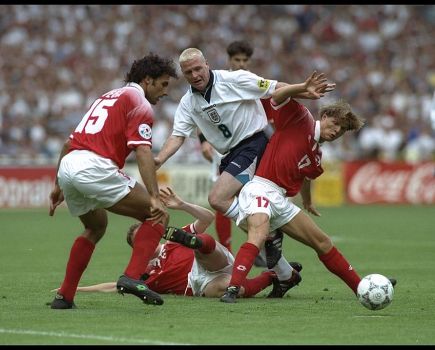“It’s not so bad,” Vicente Del Bosque said. Spain had just played their last two friendlies before the coach named his squad for France and he was keen to calm people down. But the very fact that he felt he had to was telling. It was telling, too, that in an interview a few days before, he had reminded people that Spain are the defending European champions.
If Spain were to win this summer, they would complete an historic hat-trick of consecutive European titles – but there is little optimism that they will. As world champions, they were the first team to be knocked out of the 2014 World Cup in Brazil. Del Bosque talked about the need to carry out a “soft transition”, while others saw things in more dramatic terms: an era had ended at the Maracana and it is not coming back.
On one level, that appears an odd conclusion to draw. Xavi and Xabi Alonso have retired from international football, and David Villa has departed for the USA, but Spain still have a hugely impressive collection of players, many of whom have won it all. Gerard Pique, Sergio Ramos, Sergio Busquets, Andres Iniesta and David Silva would be cause for optimism in most countries. Despite an early wobble, ultimately they qualified comfortably for France, too.
It is also worth noting that Del Bosque could point to mitigating factors after the two uninspiring draws against Italy and Romania. The games took place in the week before the classico in Spain, it was only a friendly, rotations seemed driven more by the concerns of the clubs than the country, and there were several key players missing.
“I think – no, I am sure – that we will improve when Busquets and Iniesta and another are available,”
Del Bosque said. “Another” might have been little more than a turn of phrase, and it sounds less odd in Spanish than it does in English, but it was intriguing to ask who he might have meant and what that might mean for the final squad.
That Spain missed Iniesta and Busquets was inescapable. In this post-Xavi era, they more than anyone else represent the Spanish style that, it seemed, had not only made history but also provided a path to
follow in the future. Without them, Spain didn’t look like Spain: the passing lacked the pace and precision that once characterised them and chances were few. Against Italy, they had just three attempts on target and against Romania, four – their lowest totals since the World Cup.
The reviews were pessimistic and Marca said “it would have been better not to even play these friendlies”, adding that Spain had “no identity”.
Are the greatest puritans of all losing their religion? Del Bosque had talked about the desirability of quicker transitions, of breaking swiftly, and going longer at times, but he had not meant at the cost of what they had done so well for so long.
“We expected more,” the coach admitted. Spain lacked spark, freshness, an apparent sense of purpose, edge, creativity and speed. There are doubts too, in key positions. None of the forwards have convinced in a role that was always a difficult one with this style.
And yet look at Spain’s team again and the talent is certainly there. Maybe, as Del Bosque said, it’s not so bad.
“It is true; it wasn’t good,” Juan Mata said. “But there are two months to go still and I am sure we will be OK for the Euros.”
Tactics

Few countries have been as recognisable as Spain in recent years, and most of the qualities that made them what they are remain – even if they are a little further below the surface now.
Vicente Del Bosque has talked about the importance of releasing longer balls more quickly, of being able to play on the counter-attack, of a willingness to mix the game up. However, the risk might be, as recent performances suggest, that that comes at the cost of losing their essence.
In theory, the desire to control games remains the same, but there are doubts about the formation.
Will they play 4-3-3 or 4-2-3-1 or even 4-1-4-1? Will they play one striker or two? Four years ago, they played with none, but Del Bosque has all but ruled that out this time. Which forwards will they play? Which kind of forwards, in fact? Will the width come from wingers or from full-backs?
Injuries and availability also have an impact, of course. Will Thiago Alcantara be fully fit? Will Santi Cazorla make it in time? Could Javi Martinez still play a part?
Sergio Busquets will anchor the midfield, but he may not do so alone. His partner, if Spain opt for two deeper central midfielders could be Koke, or Thiago. In front of them, or perhaps to the side, Iniesta is vital.
Up front, an experiment with Aritz Aduriz and Alvaro Morata was reasonably positive, but two attacking midfielders seems more likely. Paco Alcacer and Diego Costa have had difficult seasons, while Del Bosque continues to defend Pedro as someone who stretches teams and he has faith in David Silva.
Coach

Vicente Del Bosque
Age 65 (23.12.50)
Took over from Luis Aragones after Spain’s 2008 Euro triumph and led the team to victory at the 2010 World Cup and 2012 Euros, but this will be the last tournament for a man who seems to have become more associated with failure in Brazil than success in South Africa and Ukraine.
Perhaps when he departs, his success will be recognised and celebrated, although that will of course depend on France. Despite criticism from certain quarters, he remains well liked and widely respected.
By Sid Lowe
Squad
Goalkeepers: Iker Casillas (Porto), David de Gea (Manchester United), Sergio Rico (Sevilla).
Defenders: Marc Bartra (Barcelona), Jordi Alba (Barcelona), Gerard Pique (Barcelona), Cesar Azpilicueta (Chelsea), Hector Bellerin (Arsenal), Sergio Ramos (Real Madrid), Juanfran (Atletico Madrid).
Midfielders: Sergio Busquets (Barcelona), Mikel San Jose (Athletic Bilbao), Cesc Fabregas (Chelsea), Thiago Alcantara (Bayern Munich), Bruno Soriano (Villarreal), Andres Iniesta (Barcelona), Koke (Atletico Madrid).
Forwards: Pedro (Chelsea), David Silva (Manchester City), Alvaro Morata (Juventus), Aritz Aduriz (Athletic Bilbao), Nolito (Celta Vigo), Lucas Vazquez (Real Madrid).
Schedule
Jun 13 v Czech Republic (Toulouse, France)
Jun 17 v Turkey (Nice, France)
Jun 21 v Croatia (Bordeaux, France)







